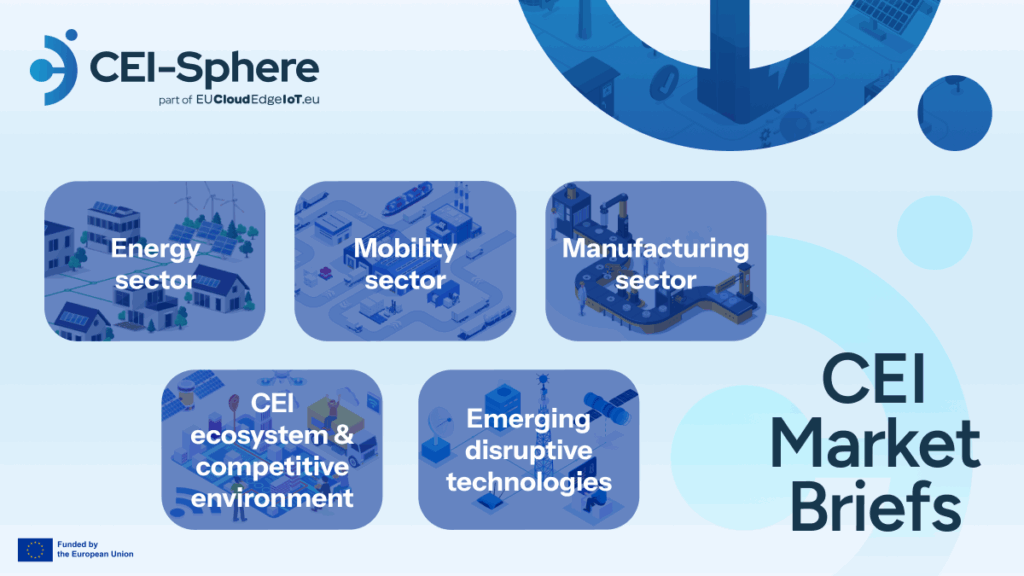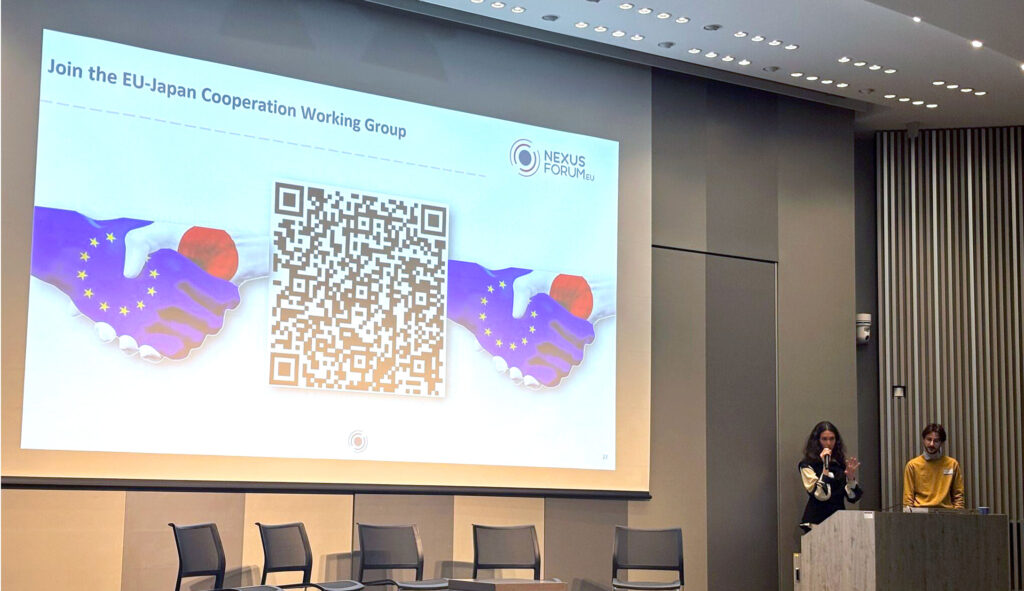In the ever-evolving world of cloud computing, the NebulOuS project stands out as a pioneering effort to bridge the gap between cloud and edge computing. This collaborative initiative involves multiple partners, each with its own unique perspective, challenges, and expectations.
This blog post delves into the NebulOuS project from the viewpoint of the involved organisations, exploring the most significant challenges they face and how they anticipate benefiting from this endeavour.
The biggest challenges of NebulOuS
Geir Horn (University of Oslo)
The NebulOuS project aims to seamlessly scale applications from the cloud to the edge, offering a truly unified computing environment. Geir Horn from the University of Oslo highlights the core challenge: making this vision a reality. To achieve this, the project must overcome the complexities of diverse hardware and networking components and ensure that applications perform optimally across this entire continuum.
Radosław Piliszek (7Bulls)
Radosław Piliszek emphasises the challenge of ensuring that all tools and interfaces align with the project’s goals. The goal is to create a truly advanced solution, not just a backup, which requires high collaboration.
Ali Fahs (AE)
AE’s primary challenge within the NebulOuS project revolves around networking. Networking components from different providers must seamlessly connect in this complex ecosystem. AE’s specific task is to develop and improve the “SAL” component and investigate its integration with Kubernetes.
Alexandros Sarros (UBITECH)
Alexandros Sarros points out that the project comprises a wide array of novel technologies and visions. The challenge is to harmonise these diverse elements into a cohesive and unified technology.
Simeon Veloudis (SEERC)
SEERC points out the challenge of attaining an appropriate level of abstraction that bridges the inherent heterogeneity of various technologies.
Dimitris Apostolou (ICCS)
Dimitris Apostolou emphasises the importance of staying compatible with the rapid developments in AI-driven cloud operations. As new intelligent technologies emerge, NebulOus faces the challenge of ensuring that the technologies developed remain relevant and in sync with the ever-evolving cloud computing landscape.
Benefits for Each Organisation
The NebulOuS project isn’t just about challenges; it offers valuable benefits to each partner. Let’s explore how these organisations stand to gain from their participation.
Geir Horn (University of Oslo)
For the University of Oslo, the NebulOuS project is an opportunity for meaningful research collaboration. Geir Horn points out that working with several partners allows them to produce new results and publications with real impact.
Radosław Piliszek (7Bulls)
7Bulls views NebulOuS as a natural evolution of their interest in multi-cloud approaches. The project allows them to support deployments that extend beyond the traditional cloud, reaching into the edge, fog, and IoT devices.
Ali Fahs (AE)
As an industrial company, AE benefits from participation in NebulOuS by staying updated on the state of the art. Ali Fahs mentions that interacting with researchers helps AE share knowledge within the company, facilitating the integration of new technologies and solutions.
Alexandros Sarros (UBITECH)
UBITECH sees the NebulOuS project as an opportunity to explore and experiment with new technologies. As a company, they can leverage research-level insights to develop commercial projects and products.
Simeon Veloudis (SEERC)
SEERC benefits by extending its expertise in semantic modelling and quality assurance. This project allows them to delve into areas they haven’t explored before, broadening their capabilities.
Dimitris Apostolou (ICCS)
ICCS has a strong track record in cloud continuum research, and NebulOuS extends its work to tackle the challenges introduced by edge nodes and the fog aspect. This enables them to cope with an extended pool of cloud continuum resources.
Pioneering the future of cloud and edge computing
The NebulOus project aims to revolutionise the cloud continuum stack by creating an equivalent of an Operating System that seamlessly manages computing resources, data proximity, quality of service, and various constraints.
It will give birth to a Meta Operating System and platform that enables transient fog brokerage ecosystems, bridging the gap between edge and fog nodes and multi-cloud resources for low-latency applications.
This endeavour is not just about overcoming challenges and reaping benefits; it’s about shaping a new era in cloud and edge computing where the digital landscape operates as a unified, adaptive ecosystem.




